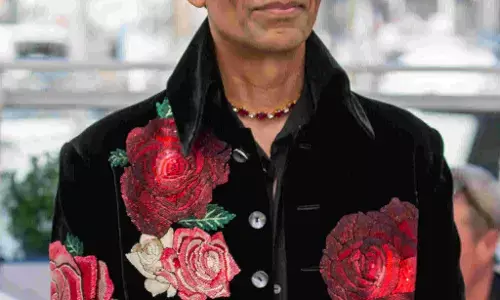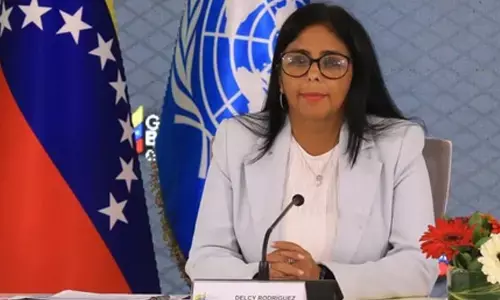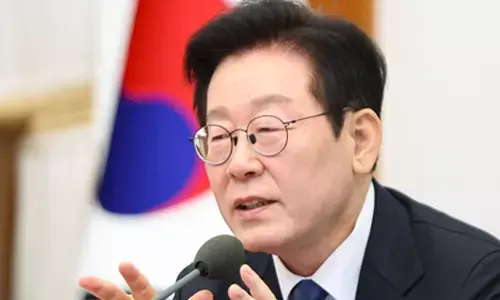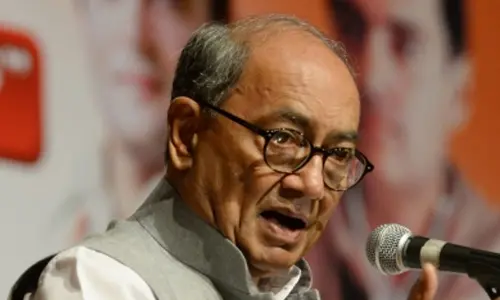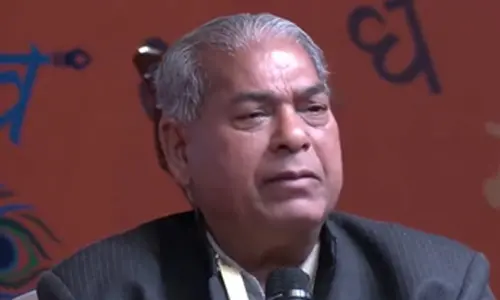Resurgence of religion in global politics
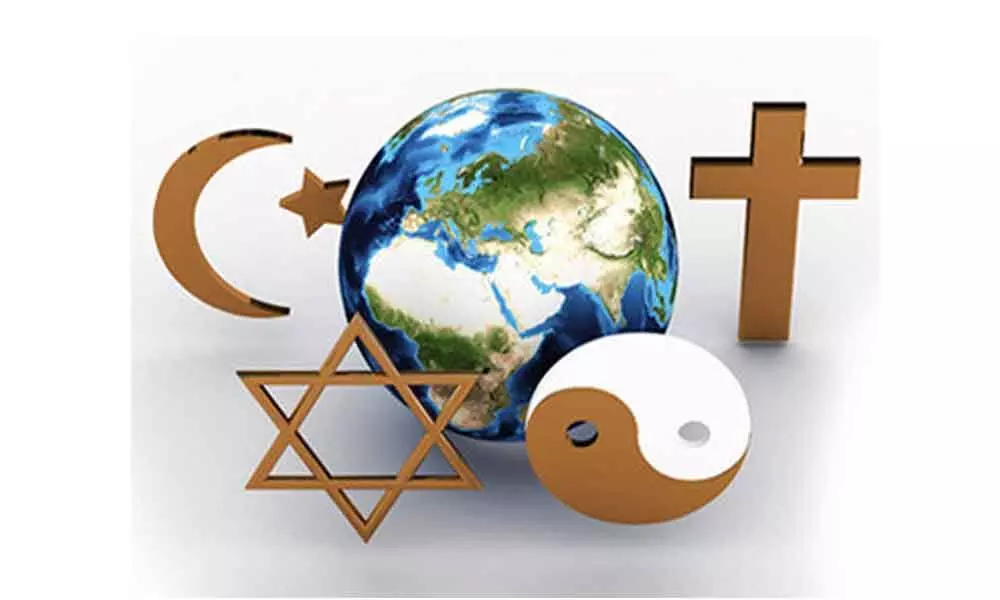
Resurgence of religion in global politics
Is religion still a factor in international politics? Before we delve into the role of religion in international relations, it is important to discuss its significance in societal context.
Religion, as a binding element, had once played a significant role in bringing the stability and peace in society. Characterised by barbarism, superstitions and fears, the ancient societies were in search of a force that keeps them united and to get rid of the state of nature.
It should be noted that every religion has its own distinctiveness. Any religion evolves based on cultural and societal factors of a particular geography at a particular time.
Before the advent of nation-state on secular grounds, it is religion that has exercised the authority. It was used as a mechanism by ruling class to resist the pressure from non-propertied class.
The resurgence of religious factor in international politics could be attributed to the failure of western political thinkers to recognise the importance of religion in general and its dynamism in the international affairs in particular.
Liberals from the western world had neglected the intermediate forces between an individual and the state (political authority) like community, religion and culture that play a crucial role in the development of an individual.
Every individual develops an unbreakable bond with a society that he/she grows up. Language, cultural norms and religious practices become an inalienable part of one's life.
Compared to the West, the eastern societies give significant importance to institutions like family, religion and community. Although the modern forces like globalisation and liberalism had exerted considerable amount of pressure on the cultural structures of eastern world, the eastern societies have retained their distinctiveness and diversity.
In the modern era, the gulf between western nations and the culture-dominated eastern nations especially with regard to the Islamic world has widened due to the factors like colonialism and the west-sponsored democratic movements.
One of the important reasons for Islamic fundamentalism is the cultural hegemony of the west and the insistence of western political scientists in presenting the values originating in the west as universally applicable ones and are ready to fit in any given society.
The true separation of religion from the state and its apparatus in the eastern societies would be far from the reality given the close-knit bond between the individual and religion.
The elements such as individualism, selfishness and commercialism that are part of the western modern political thought are being viewed with suspicion in the orthodox-conservative societies of the east.
The rift between the western world and Muslim kingdoms can be traced back to medieval times. Over the control of holy sites and trade routes, there were numerous instances in the middle ages where both parties fought "holy wars".
It is important to notice that at a time when the European societies caught in internal bickerings and the church exercising its unwavering authority, the Islamic world was hailed as "cradle of modern civilisation" due to its location that supports cross-cultural exchange.
It is the political class in the western nations who are responsible for anti- Muslim environment. In order to garner support and to make commons rally-behind them the right wing leaders in the western nations use Islamist terrorism as a ploy to achieve their political ends.
The neo-right forces have labeled Islam as the "religion of violence". In the recent past, the US' interventionist policies in the Middle East had resulted in the widespread violence and had contributed to the collapse of state institutions across the region.
As a result of the fall of State (political authority) and its administrative apparatus and the subsequent affects on economical structures, the populace in the war-torn regions are forced to migrate to the western nations.
These people are being framed as poor, violent and religious, thanks to the rhetoric of centre-right political elements.
With the mass-exodus from Muslim countries into the European lands, the religious demography of Europe is altered, thereby creating a cultural tension.
Till now the terrorism or counter terrorism is looked upon as a State versus non-State actor struggle but going by the religious predominance in the state affairs of middle east or west Asia this might turn into State to State warfare, if the western powers overlook global diversity and continue their efforts to reinstate their puppets in the region under the banner of democracy.
Since the Iranian revolution the cultural clash between the Christian west and the Muslim dominated eastern region has become much more visible. The situation has exacerbated further following the 9/11 attacks and counter-reactions from the US. "War on terror" is viewed as an attack of the western world on Islam and perceived as an instrument to destabilize the regimes of powerful and anti-west Muslim leaders.
State excesses like the ban on immigrants from the Muslim dominated regions, treatment of domestic Muslims as secondary citizens or others, irrational use of extra-judicial means in view of internal security measures bypassing the rule of law in the western world have been serving as excuses for the fundamental Islamic groups to increase their network and to recruit who are marginalised and who feel disheartened.
Instability (economical and political) and intolerance breed cross-cultural tensions. It is natural that the people of a religious group in a nation would express their solidarity with the same religious group in other nation if latter is a victim or subjected to oppression.
This is not to suggest that national identity or loyalty recedes to secondary position but it is a very act of human that reflects innate belongingness and identity with a fellow human beings who share common religious or cultural practices. After all, national or political borders are man-made and non-organic in nature.
Although the growing significance of religion in international relations would pose a challenge for the western foreign policy makers to deal with culturally conservative nations but it equally provides an opportunity to them to revive and correct their past faux pas.
(The author is Director, Samudrala VK IAS Academy)








